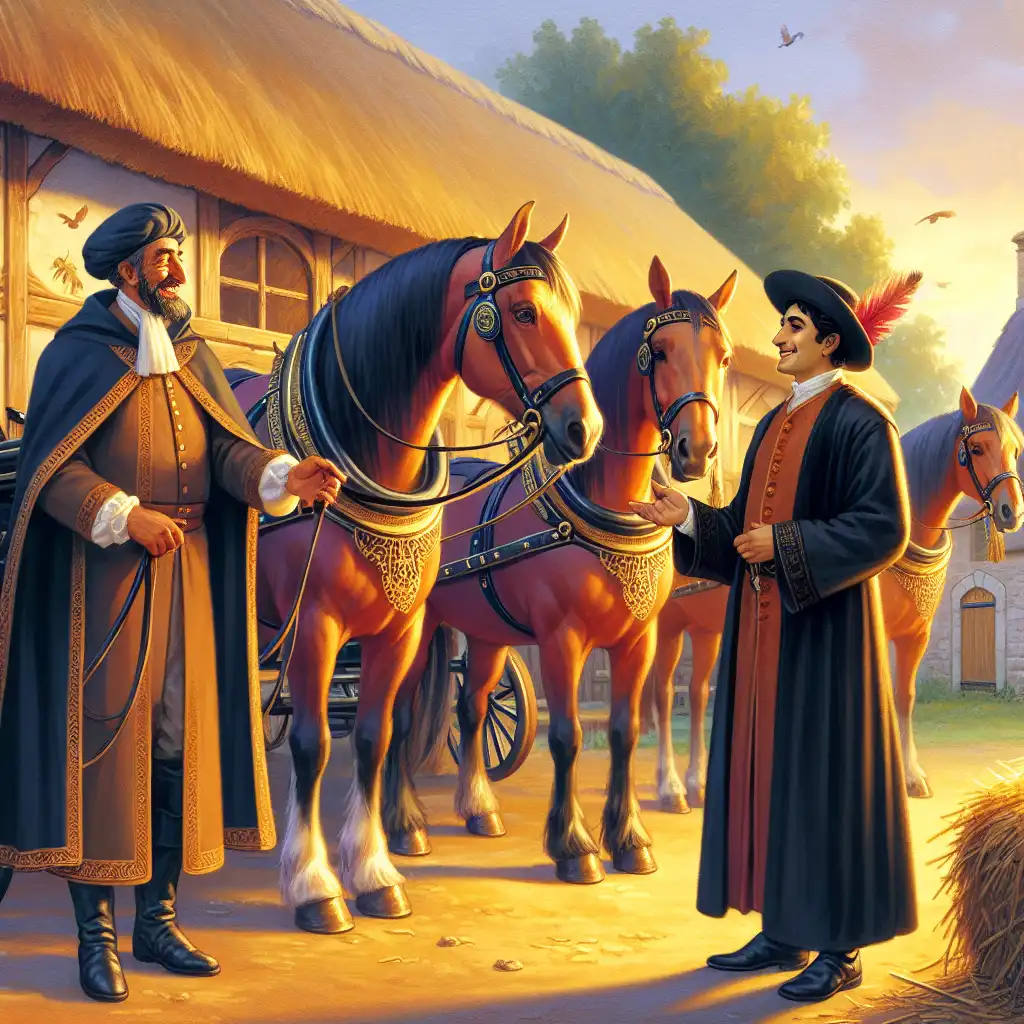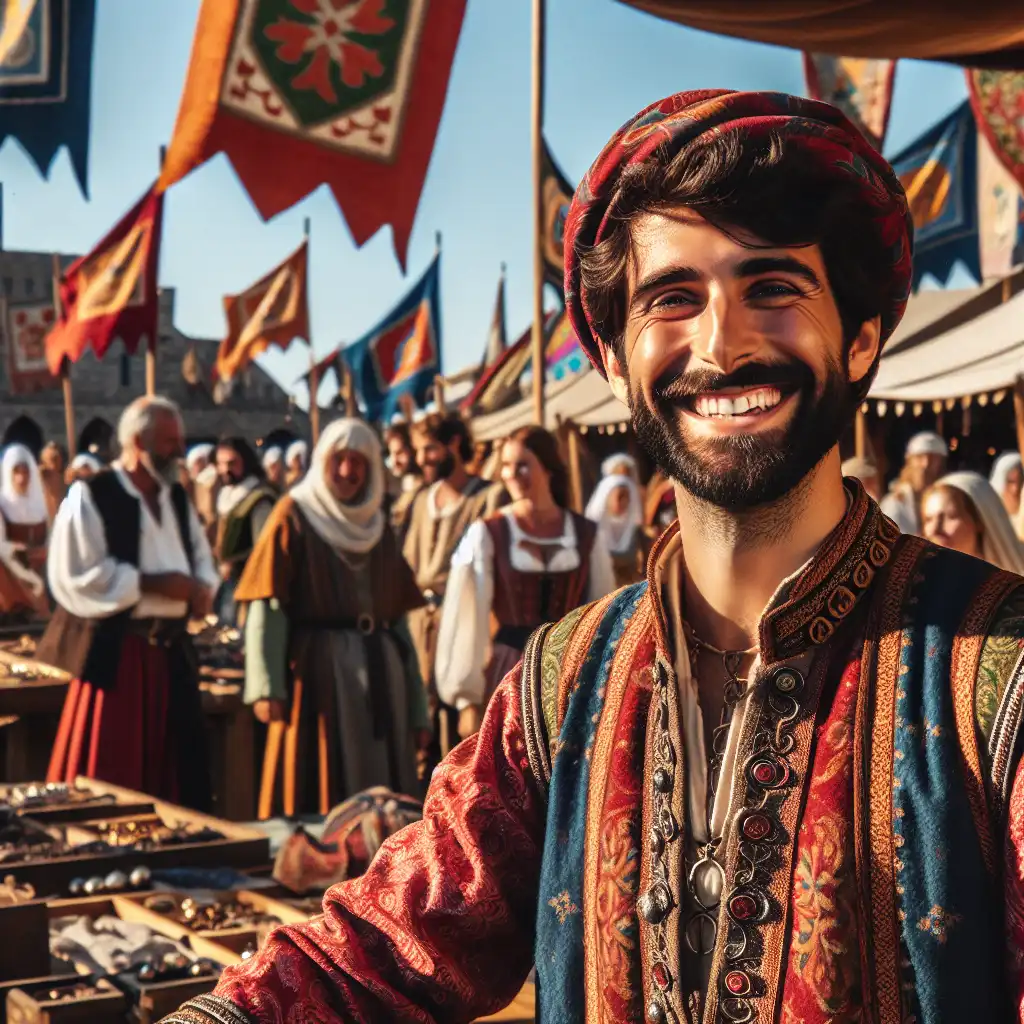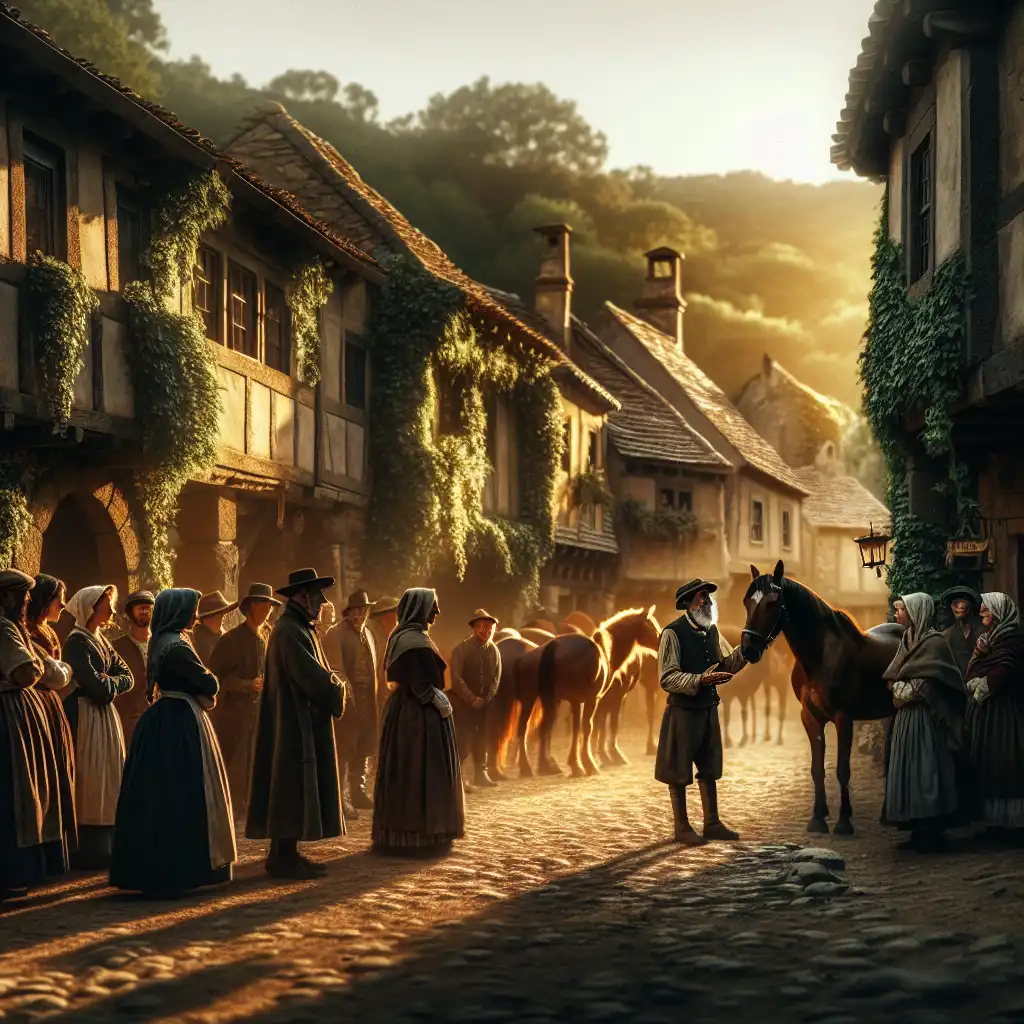
Ostler
Historical Usage
Ostler is rarely used today but common in historical novels or discussions about the past.  The coachman spoke to the ostler about a place for his horses.
The coachman spoke to the ostler about a place for his horses.
Evolving Roles
Modern equivalents are stablehands or groomsmen since 'ostler' is outdated.  At the medieval fair, one actor played the role of an ostler.
At the medieval fair, one actor played the role of an ostler.
Cultural Depictions
Ostlers are often depicted in literature as humble caretakers of the stables.  The novel featured an old ostler who knew all the village's secrets.
The novel featured an old ostler who knew all the village's secrets.